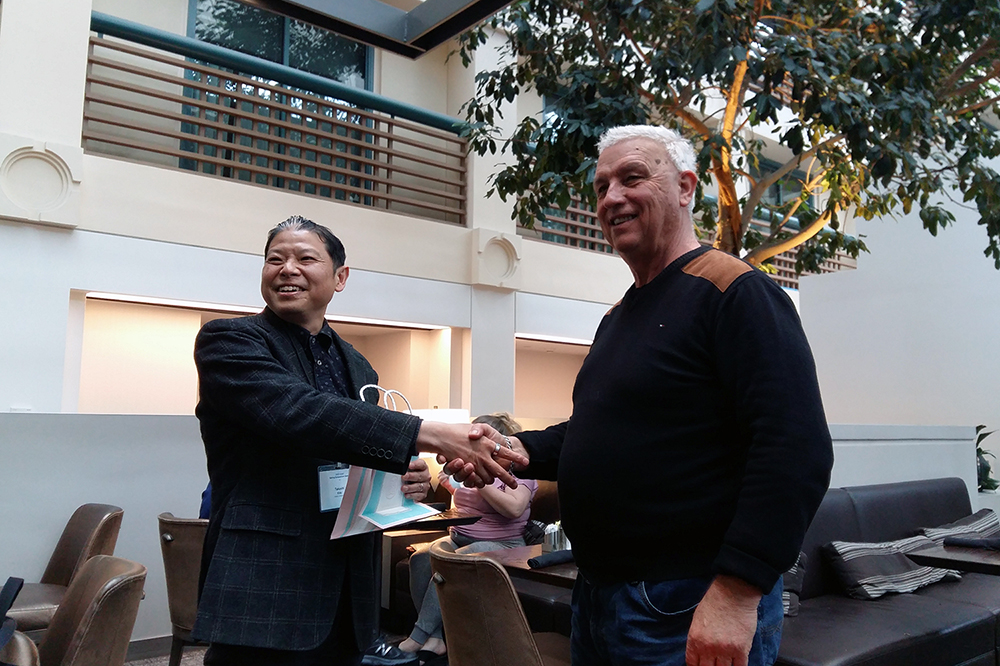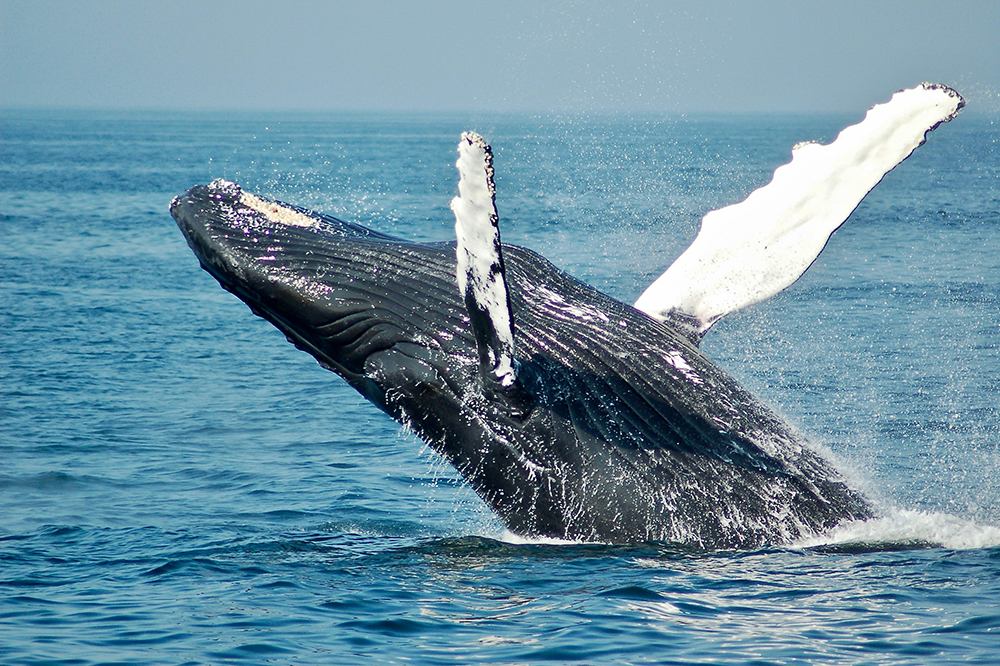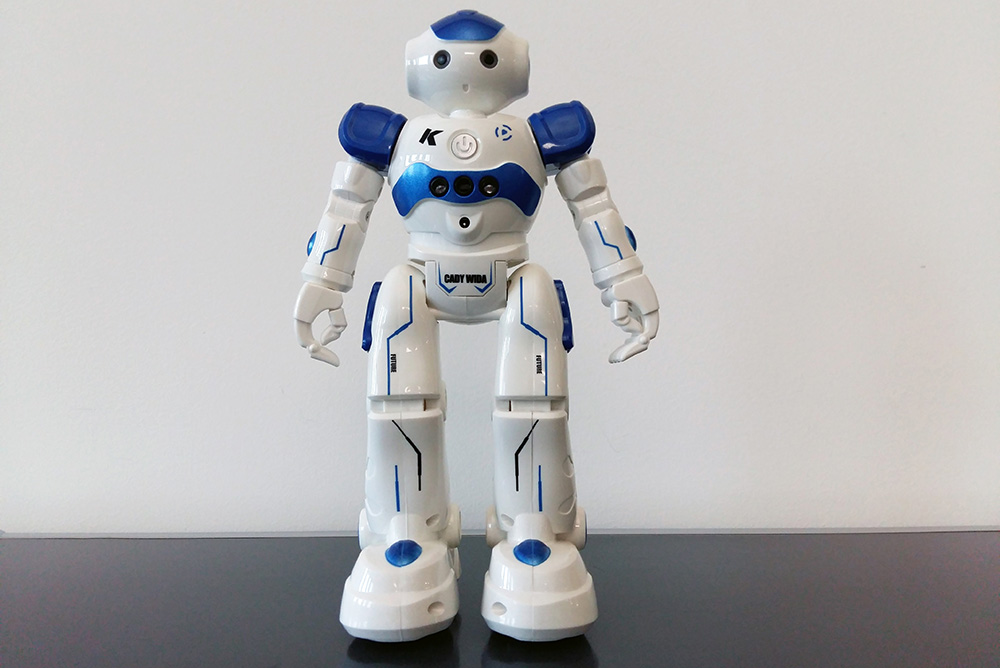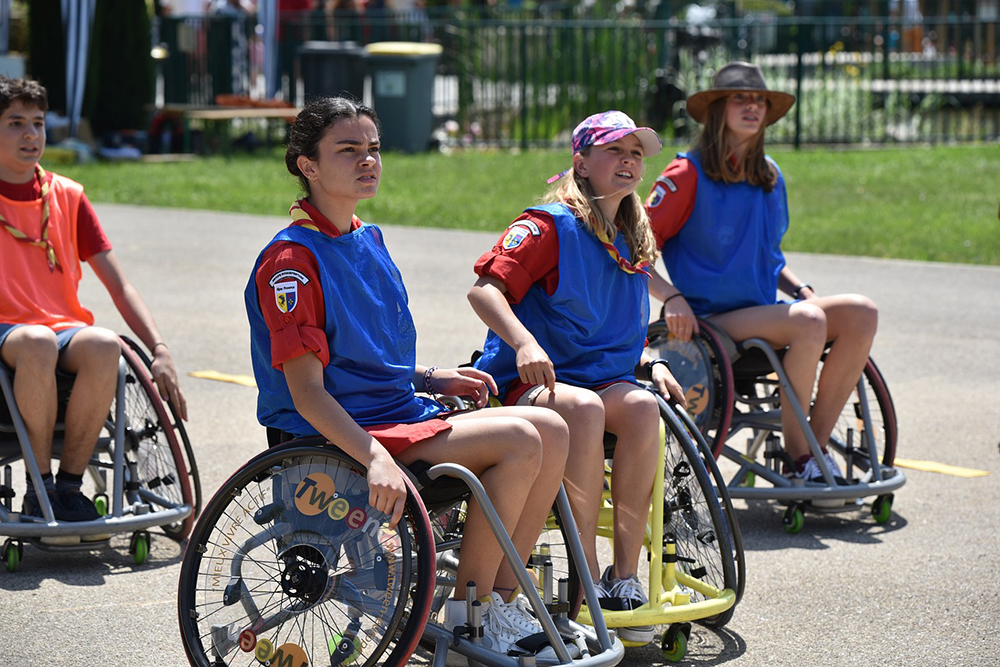As part of the AAAI Spring Symposia, the symposium “Will AI Light Up Human Creativity or Replace It?: Toward Well-Being AI for co-evolving human and machine intelligence” focuses on how advances in generative AI, large language models, and multi-agent systems are transforming human creativity and decision-making. It addresses the central question of whether AI will amplify human potential or increasingly take its place. The symposium advances the idea of Well-Being AI, emphasizing human-AI collaboration and co-evolution rather than AI as an isolated or autonomous system. While highlighting the potential of AI to support creativity, discovery, and personal development, it also examines risks such as overreliance, reduced diversity of thought, and loss of human autonomy. Chaired by Takashi Kido (see photo) of Teikyo University and Keiki Takadama of The University of Tokyo, the symposium brings together researchers and practitioners from technical, philosophical, and social disciplines to discuss principles and frameworks for AI that augments rather than replaces human creativity. Further information on this symposium and the broader AAAI Spring Symposia organized by the Association for the Advancement of Artificial Intelligence can be found at https://aaai.org/conference/spring-symposia/sss26/ and webpark2506.sakura.ne.jp/aaai/sss26-will-ai-light-up-human-creativity-or-replace-it/.
Towards Inclusive AI and Inclusive Robotics
The article “Wearable Social Robots for the Disabled and Impaired” by Oliver Bendel was published on December 23, 2025. It is part of the volume “Social Robotics + AI: 17th International Conference, ICSR+AI 2025, Naples, Italy, September 10–12, 2025, Proceedings, Part III.” From the abstract: “Wearable social robots can be found on a chain around the neck, on clothing, or in a shirt or jacket pocket. Due to their constant availability and responsiveness, they can support the disabled and impaired in a variety of ways and improve their lives. This article first identifies and summarizes robotic and artificial intelligence functions of wearable social robots. It then derives and categorizes areas of application. Following this, the opportunities and risks, such as those relating to privacy and intimacy, are highlighted. Overall, it emerges that wearable social robots can be useful for this group, for example, by providing care and information anywhere and at any time. However, significant improvements are still needed to overcome existing shortcomings.” The technology philosopher presented the paper on September 12, 2025, in Naples. It can be downloaded from link.springer.com/chapter/10.1007/978-981-95-2398-6_8.
About Authentic Laughter
From November 2025 to February 2026, Sahan Hatemo of the FHNW School of Computer Science, Dr. Katharina Kühne of the University of Potsdam, and Prof. Dr. Oliver Bendel of the FHNW School of Business are conducting a research study. As part of this project, they are launching a sub-study that includes a short computer-based task and a brief questionnaire. Participants are asked to listen to a series of laughter samples and evaluate whether each one sounds authentic or not. The task involves 50 samples in total and typically takes about ten minutes to complete. Participation is possible via PC, laptop, or smartphone. Before starting, participants should ensure that their device’s sound is turned on and that they are in a quiet, distraction-free environment. The computer-based task and the brief questionnaire can be accessed at research.sc/participant/login/dynamic/3BE7321C-B5FD-4C4B-AF29-9A435EC39944.
SEX NOW
The exhibition “SEX NOW” will take place from September 5, 2025, to May 3, 2026, at the NRW-Forum Düsseldorf. According to the website, “Sex can be beautiful, exciting, provocative, and political”. “With the exhibition SEX NOW, we invite visitors to rediscover sexuality in all its complexity. A central starting point of the exhibition is the observation that the sex industry has shifted in recent years from a predominantly male-dominated field to one increasingly shaped by women. What are the causes of this transformation? How does this development affect the way sexuality is portrayed in the media and society? What impact does it have on the design and marketing of products and on sexual self-determination?” (Website NRW-Forum, own translation) The exhibition features works by Paul McCarthy, Peaches, Zheng Bo, Tom of Finland, Joëlle Dubois, Poulomi Basu, Miyo van Stenis, Antigoni Tsagkaropoulou, Martin de Crignis, and Melody Melamed, among others. Starting September 11, a Playboy Special Edition will be available. It includes works or contributions by Helmut Newton, Erika Lust, and Ana Dias, as well as an interview with Oliver Bendel on relationships with chatbots, love dolls, and sex robots. More information is available at www.nrw-forum.de/ausstellungen/sex-now.
AAAI 2026 Spring Symposium Series
On September 4, 2025, the Association for the Advancement of Artificial Intelligence (AAAI) announced the continuation of the AAAI Spring Symposium Series. The symposium will be held from April 7–9, 2026, at the Hyatt Regency San Francisco Airport in Burlingame, California. The call for proposals for the symposium series is available on its website. According to the organizers, proposals are due October 24, 2025, and early submissions are encouraged. “The Spring Symposium Series is an annual set of meetings run in parallel at a common site. It is designed to bring colleagues together in an intimate forum while at the same time providing a significant gathering point for the AI community. The two and one-half day format of the series allows participants to devote considerably more time to feedback and discussion than typical one-day workshops. It is an ideal venue for bringing together new communities in emerging fields.” (AAAI website). As was the case this year, the Spring Symposium Series will once again not be held on the Stanford University campus. For many years, the History Corner served as the traditional venue for the event. Efforts to secure an alternative university location in the Bay Area have been unsuccessful. AAAI should seriously consider returning to Stanford in 2027. Only then can the Spring Symposium Series regain the atmosphere and significance it once enjoyed.
The DEEP VOICE Project
The DEEP VOICE project will be launched at the FHNW School of Business in early September 2025. It was initiated by Prof. Dr. Oliver Bendel. “DEEP VOICE” stands for “Decoding Environmental and Ethological Patterns in Vocal Communication of Cetaceans”. The project aims to decode symbolic forms of communication in animals, especially whales. It is based on the conviction that animal communication should not be interpreted from a human perspective, but understood in the context of the species-specific environment. The focus is therefore on developing an AI model that is trained on the basis of a comprehensive environmental and behavioral model of the respective animal. By integrating bioacoustic data, ecological parameters, and social dynamics, the aim is to create an animal-centered translation approach that allows the identification of meaning carriers in animal vocalizations without distorting them anthropocentrically. The project combines modern AI methods with ethological and ecological foundations and thus aims to contribute to a better understanding of non-human intelligence and communication culture and to animal-computer interaction. Oliver Bendel and his students have so far focused primarily on the body language of domestic and farm animals (The Animal Whisperer Project) and the behavior of domestic (The Robodog Project) and wild animals (VISUAL).
How Human-Like Should It Be?
The Research Topic “Exploring human-likeness in AI: From perception to ethics and interaction dynamics”, hosted by Frontiers in Cognition, invites submissions on how human-like features in robots and AI systems influence user perception, trust, interaction, and ethical considerations. As AI becomes more integrated into society, anthropomorphic design raises pressing questions: Do human-like traits improve communication and acceptance, or do they lead to unrealistic expectations? What ethical implications arise when machines simulate empathy or emotion? This interdisciplinary call welcomes contributions from fields such as psychology, engineering, philosophy, and education. Submissions may include empirical research, theoretical analysis, reviews, or case studies that explore how human-likeness shapes the way we engage with AI. The deadline for manuscript summaries is September 22, 2025; full manuscripts are due by January 10, 2026. Articles will undergo peer review and are subject to publication fees upon acceptance. Topic editors are Dr. Katharina Kühne (University of Potsdam, Germany) and Prof. Dr. Roger K. Moore (The University of Sheffield, United Kingdom). For full details and submission guidelines, visit: www.frontiersin.org/research-topics/72370/exploring-human-likeness-in-ai-from-perception-to-ethics-and-interaction-dynamics.
Short Papers at ICSR 2025
The ICSR is one of the leading conferences for social robotics worldwide. The 17th edition will take place from 10 to 12 September 2025 in Naples, Italy. The deadline for submitting short papers is approaching. Short papers consist of 5 pages of body text plus 1 page references. The most important conference dates are: Short Paper Submission: June 18, 2025; Short Paper Notification: July 7t, 2025; Camera-ready: July 11, 2025; Paper Presentation Days at ICSR’25: September 11 and 12, 2025. All dates are listed on the website. “The conference of theme, ‘Emotivation at the Core: Empowering Social Robots to Inspire and Connect,’ highlights the essential role of ‘Emotivation’ in social robotics. Emotivation captures the synergy between emotion and motivation, where emotions trigger and sustain motivation during interactions. In social robotics, this concept is key to building trust, fostering empathy, and supporting decision-making by enabling robots to respond sensitively to human emotions, inspiring engagement and action.” (Website ICSR) Participants will meet for two days at the Parthenope University of Naples and for the third day at the Città della Scienza conference center. All buildings and rooms are also listed on the website. The PDF of the CfP can be downloaded here.
Sponsorship for the ICSR 2025
Join us as a sponsor for the 17th International Conference on Social Robotics & AI, taking place on 10-12 September 2025 at Naples, Italy. This prestigious event brings together researchers, leading experts, innovators, and thought leaders in the fields of robotics, AI, and human-robot interaction. Don’t miss the opportunity to align your brand with cutting-edge advancements. We offer different sponsorship/exhibition packages, all information is available at the page: icsr2025.eu/sponsor2/. If you are interested or have any questions, don’t hesitate to contact us at info@icsr2025.eu with the subject line tag [Sponsorship]. The ICSR is one of the leading conferences for social robotics worldwide. Participants will meet for two days at the Parthenope University of Naples and for the third day at the Città della Scienza conference center. More information on icsr2025.eu.
About Inclusive AI
The Gabler Wirtschaftslexikon is the largest economics encyclopedia in the German-speaking world. In March 2025, Oliver Bendel published an article on inclusive AI in this reference work. The first part reads as follows: “Inclusive AI aims, on the one hand, to combat phenomena in artificial intelligence (AI) that have an exclusionary character – such as bias, hallucination, hate speech, and deepfakes – and, on the other hand, to strengthen applications with an inclusionary character in order to support those affected. One meaning is associated with terms like “responsible AI”, “explainable AI”, and “trustworthy AI”, while the other aligns with concepts such as “AI for good” or “AI for wellbeing”. Overall, this falls under the umbrella of “ethical AI”, though this term is also used in marketing contexts. In 2025, the World Economic Forum (WEF) pointed to the digital divide, asking: “How do we ensure that the growth of AI doesn’t leave people behind and is truly inclusive?” Inclusive AI can be associated with generative AI as well as with other forms of artificial intelligence.” The full article is available at:
wirtschaftslexikon.gabler.de/definition/inclusive-ai-171870.









